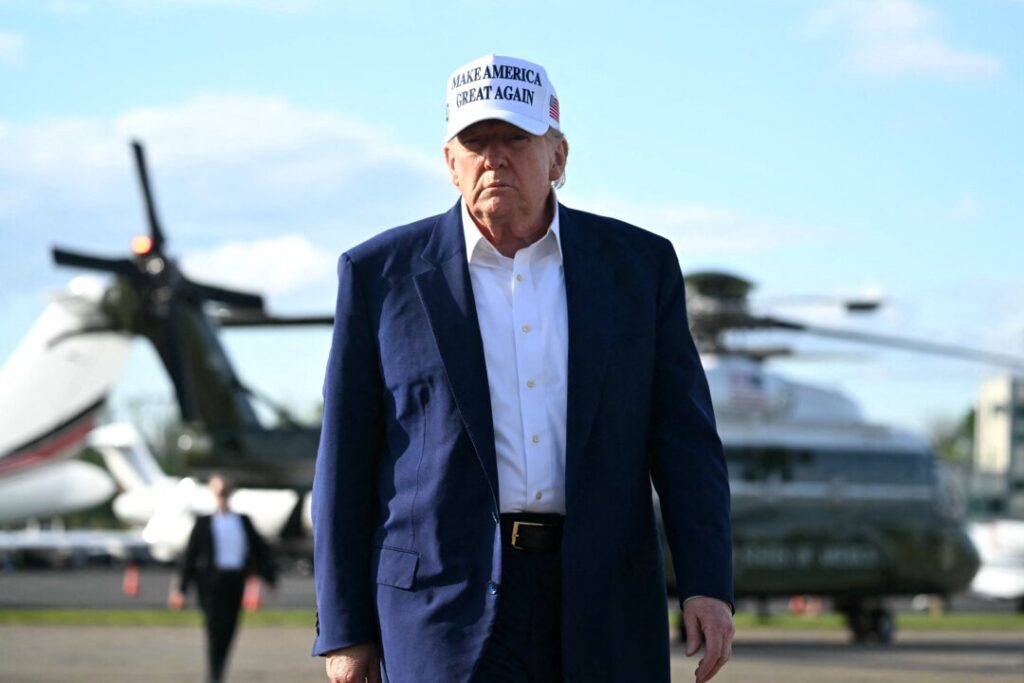The decision came after a call with President Ursula von der Leyen of the European Commission.
WASHINGTON – President Donald Trump announced on Sunday that the US will delay the implementation of 50% tariffs on European Union products from June 1 to July 9.
The decision came after a call with President Ursula von der Leyen of the European Commission earlier in the day.
“I agreed to the extension on July 9, 2025. It was my privilege to do so. The committee president said consultations would begin quickly.”
“The EU and the US share the most important close trade relationship in the world. Europe is ready to move forward with discussions quickly and decisively. It will take time until July 9th to reach a significant deal,” she writes.
Trump initially said on May 23 that the US would impose a 50% tariff on the European Union from June 1st. He also expressed his dissatisfaction with the trade negotiations with the EU.
“I’m not looking for a deal, I mean, we set up a deal, that’s 50%,” Trump later told reporters in the Oval Office.
“I’ve told everyone that they’ve treated us so badly over the years,” Trump continued. “The (EU) was formed to injure the US to use it.
In an interview with Fox News on May 23, Treasury Secretary Scott Bescent said he hopes the imminent tariffs will “set a fire under the EU” to negotiate with Washington.
“The EU has the issue of collective action here. It’s 27 countries, but represented by this one group in Brussels,” Bescent said.
He added that he hopes to announce more deals with other trading partners that he is negotiating in good faith.
Trade barriers
The US and the EU share the world’s largest bilateral economic ties. However, according to the latest Foreign Trade Barrier Report issued by the US Trade Representative (USTR), US goods and services face sustained tariffs and non-tariff barriers in the EU market.
Many processed foods, such as confectionery products and baked goods, also face complex and burdensome tariffs, under the EU fuel measurement table system, which calculates obligations based on the composition of the product.
In this system, the EU will charge customs duties on each imported goods based on the content of milk fat, milk protein, starch and sugar products. According to USTR, the system not only increases administrative burdens, but also creates uncertainty for US food exporters.
Furthermore, the EU does not control the law through a single customs office, presenting another layer of complexity to US exporters. Each EU member state independently enforced customs law, bringing different interpretations and enforcement across the bloc.
Technical barriers to EU trade still depend on. For example, according to USTR, Europe’s adoption of regional standards for safety, quality, environmental protection, labeling and packaging is hindering market access to US products.
Jack Phillips contributed to this report.



